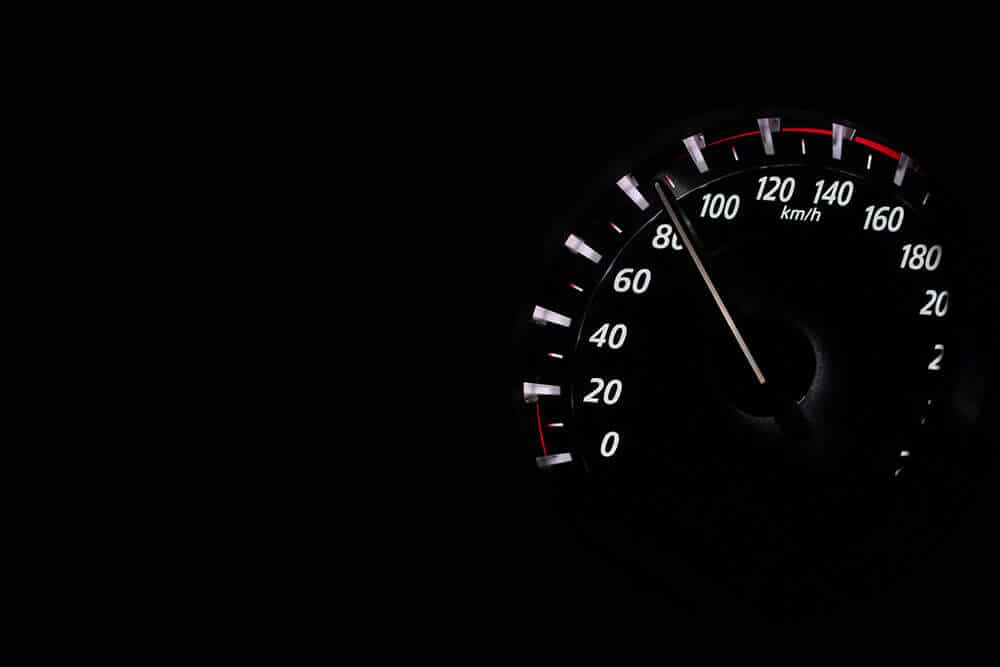
While driving, you must always be ready to react to anything that happens. A quick reaction time is vital to preventing accidents.
When someone is driving under the influence of alcohol, their reaction time is affected. Lowered reaction times increase the likelihood of a car accident. Read on to learn more about how alcohol can affect reaction times.
How Alcohol Affects Reaction Time While Driving
Reaction time refers to the amount of time it takes to respond to something that happens on the road. Most sober drivers have a fast reaction time that allows them to prevent most accidents. However, people under the influence have a decreased reaction time and are more prone to accidents.
Even if someone is drinking under the legal limit, their reaction time can still be affected. If someone has a 0.08% BAC (Blood Alcohol Concentration), their reaction rate is slowed by 120 milliseconds. That may not sound like much, but on an interstate, they may go an additional 12 feet before reacting. That’s more than enough to cause an accident.
As their BAC level increases, drivers experience more drastic decreases in reaction time, making accidents even more likely.
There are many ways a slower reaction time can cause an accident. An impaired driver may drift into the other lane or off the road. They may lose control or crash before they can correct themselves. They may not be able to react in time if a driver pulls in front of them or an animal runs across the road. An impaired driver may also not slow down in time if a traffic light turns red.
Reaction Times and Accident Prevention
Safe driving requires drivers to be alert and have the physical capacity to react quickly to any situation that may occur. Drivers have to see something happening, assess the situation, develop a plan of action and put the plan in action. Because things can happen quickly on the road, drivers often have to do all of these things in less than a second.
With all these steps, it’s hard to imagine that any driver can do all of these things. However, most drivers go through these steps without giving them much thought. It becomes instinctual after a while.
However, when someone is driving after drinking, those instincts are disrupted. They may still go through the necessary steps, but with a slower reaction time, it can sometimes be too late.
Alcohol’s Effects on Driving
When driving, a person uses many skills to ensure they’re operating a vehicle safely. All these actions work in conjunction with one another. When driving sober, a person can manage everything that needs their attention while driving.
Alcohol doesn’t just affect a person’s reaction time. It affects many of the necessary capacities for driving. As a person continues to drink, each of these capacities is increasingly disrupted until the person is likely to cause an accident.
In addition to affecting a person’s reaction time, alcohol affects a person’s judgment. Inebriated people often don’t even realize that they’re too impaired to drink. Sadly, their judgment gets worse as they get drunker.
Alcohol also affects vision, motor skills and perception. A drunk driver may not even realize that something is happening until the accident is over. They are unable to stay vigilant while driving.
What Are the Legal Limits?
In the state of Pennsylvania, the legal BAC limit is 0.08%. Anything above that can get someone a DUI. The state uses a BAC tier system and a person’s previous infractions to determine consequences for driving under the influence.
General Impairment is a BAC between 0.08%-0.099%
High BAC is 0.10%-0.159%
Highest BAC is 0.16% and higher
Pennsylvania DUI Laws
There is one more aspect to the law regarding accidents. If someone causes an accident that results in injury or property damage while driving drunk, they can receive the maximum punishment, even if their BAC is slightly over the legal limit.
If someone injures or kills someone, they can be charged with a first- or second-degree felony for vehicular homicide. They may serve up to ten years in prison and pay up to $25,000 for each life lost.
While in court, the prosecution doesn’t have to have a blood alcohol test to prove the person was driving drunk. Other evidence, like eyewitness testimony or traffic cam footage, is enough to convict a person.
Have You Been Injured by a Drunk Driver?
If you or your family member has been injured or lost a life due to a drunk driver, you deserve compensation. A lawyer can help you understand what you need to move forward with legal restitution. At Stapp Law, LLC, we’re committed to helping Pennsylvania residents receive they compensation they need to recover from accidents caused by another’s negligence. To learn how we may be able to help, you may contact our firm for a free, zero-obligation consultation.






